The Fitbit Sense is Fitbit’s flagship smartwatch, designed to go beyond fitness tracking and provide a holistic approach to health and well-being. With advanced sensors, stress management features, and comprehensive health insights, the Fitbit Sense aims to be a complete wellness companion.
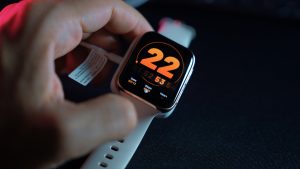
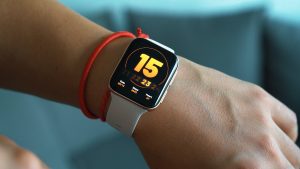
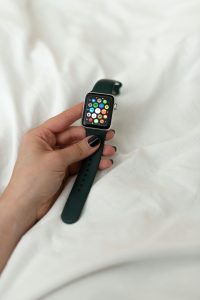
Pros:
- Advanced Health Monitoring: Fitbit Sense excels in health tracking, offering features like ECG (electrocardiogram) monitoring, skin temperature tracking, and SpO2 monitoring. These advanced sensors provide users with a more comprehensive understanding of their health.
- Stress Management: The Sense includes stress tracking and a guided breathing feature to help users manage and reduce stress levels. The EDA (electrodermal activity) sensor measures changes in skin conductance, providing additional insights into stress patterns.
- Built-in GPS: The inclusion of built-in GPS allows users to accurately track outdoor activities like running and cycling without needing to carry a paired smartphone. This is particularly beneficial for users who prefer to leave their phones behind during workouts.
- AMOLED Display: The vibrant and responsive AMOLED display enhances the overall user experience. The high-quality screen ensures clear visibility of fitness metrics, notifications, and other information even in various lighting conditions.
- Long Battery Life: Fitbit Sense offers respectable battery life, lasting several days on a single charge. This is a significant advantage for users who prefer not to charge their devices frequently.
- Comprehensive Fitness Tracking: Beyond basic step counting, the Sense provides detailed fitness metrics, sleep tracking, and heart rate monitoring. Fitbit’s app ecosystem allows users to analyze trends over time and set personalized health goals.
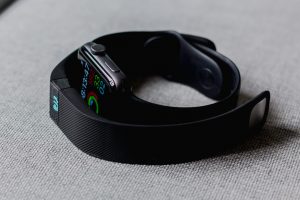
Cons:
- Limited App Ecosystem: Fitbit’s app ecosystem is not as extensive as some competitors, limiting the availability of third-party apps. Users who rely on a wide variety of apps may find the selection somewhat restricted.
- Design Subjectivity: The design of the Fitbit Sense may not appeal to everyone. Some users may find the square watch face and overall aesthetics less stylish compared to other smartwatches on the market.
- Spotify Control Limitations: While the Fitbit Sense supports Spotify control, users can’t download music or playlists directly to the watch for offline listening. This may be a drawback for users who prefer to listen to music during workouts without carrying a smartphone.
- Smartwatch Features Compared to Competitors: While the Fitbit Sense covers the essentials, some users might find that other smartwatches offer a more extensive set of features, such as a larger app selection or more customizable watch faces.
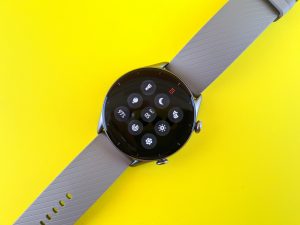
In summary, the Fitbit Sense stands out as a wellness-focused smartwatch, prioritizing health and stress tracking features. Its advanced sensors, long battery life, and fitness tracking capabilities make it a strong contender for users who prioritize holistic well-being. However, users should consider the limited app ecosystem and design preferences when choosing a smartwatch in this competitive market


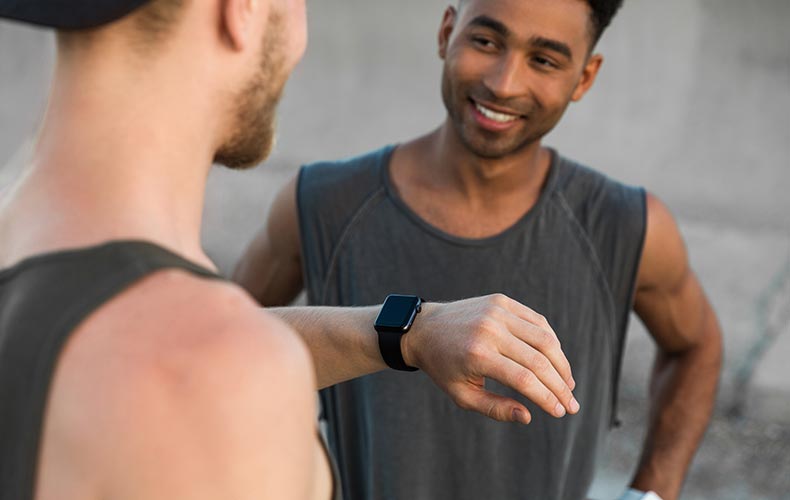



 Get it on
Get it on  Download on the
Download on the